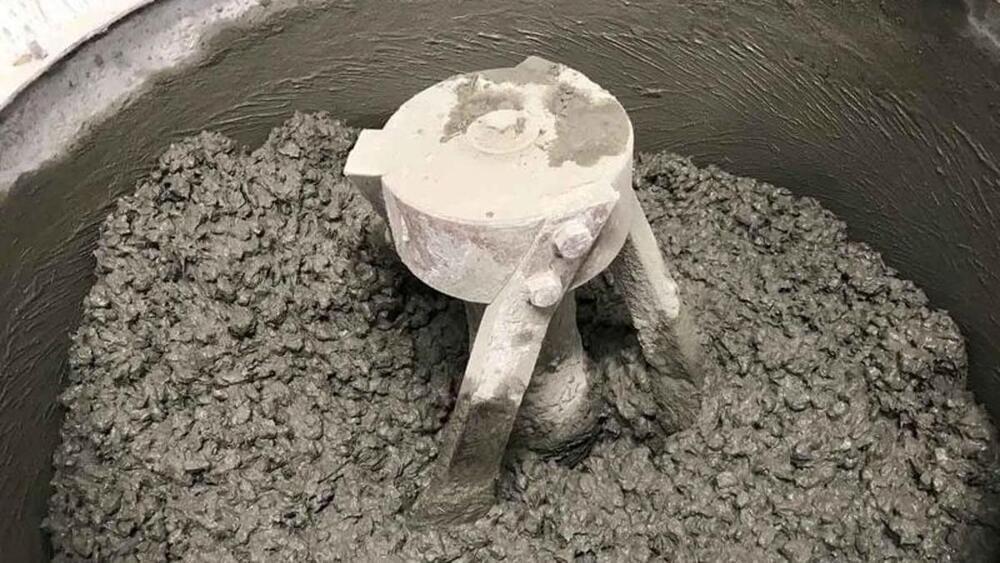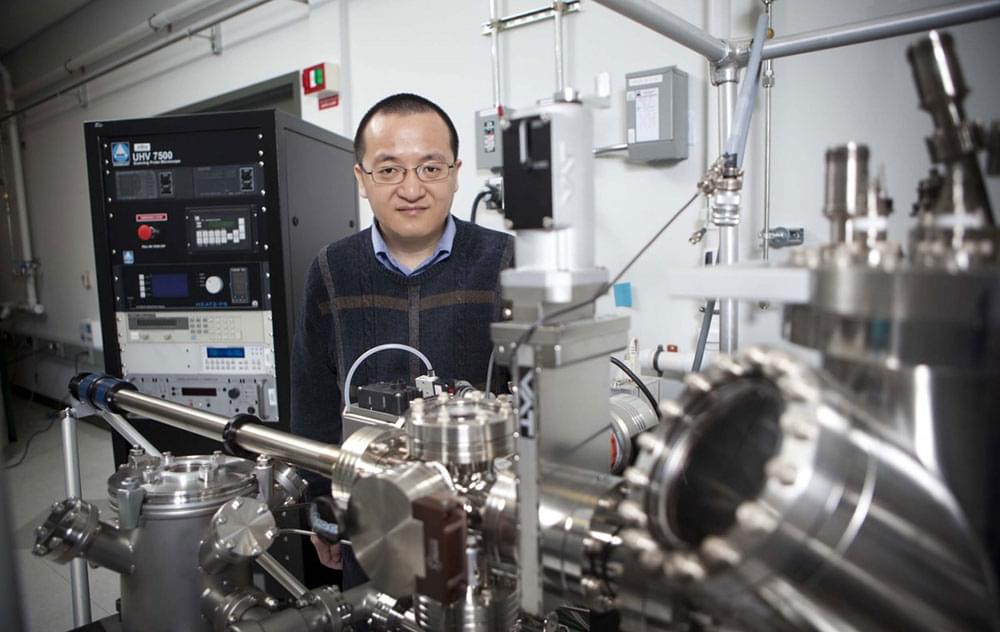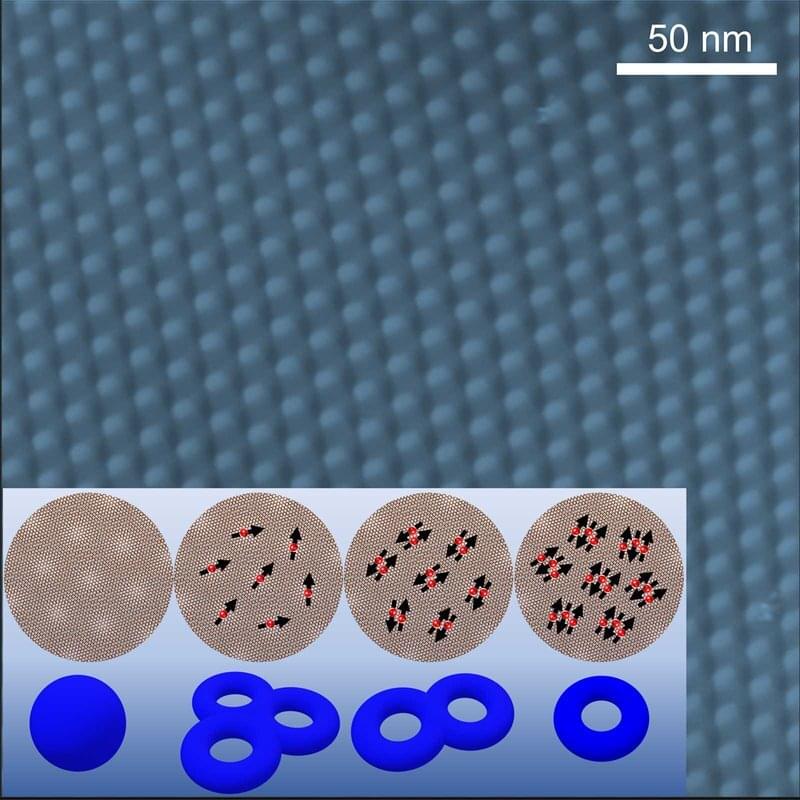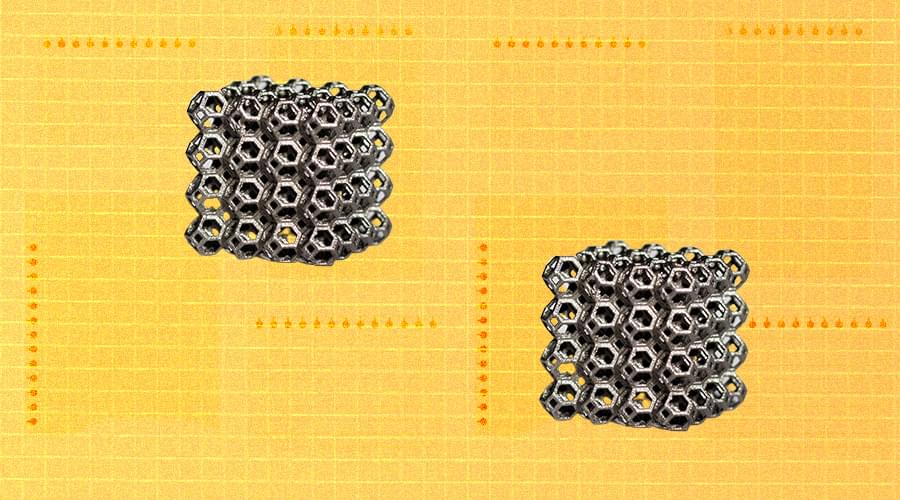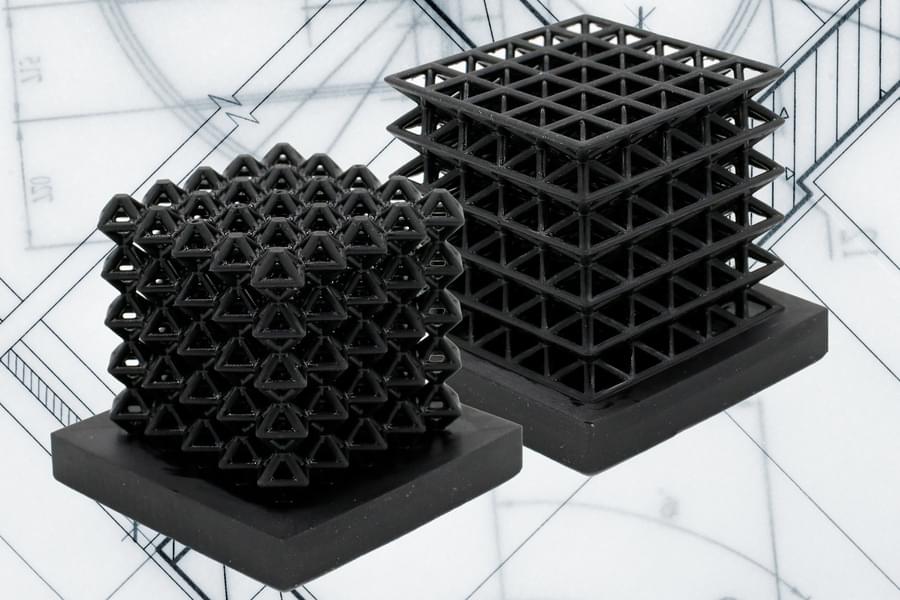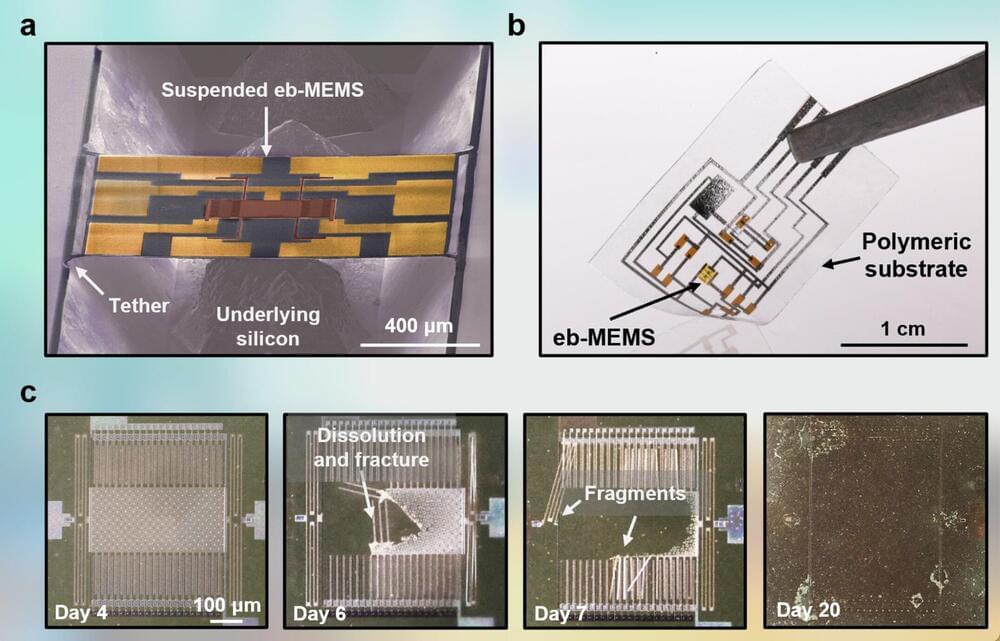We’ve recently heard about efforts to replace some of the aggregate used in concrete with crumbled used tires. Now, scientists have succeeded in producing good quality concrete in which all of the aggregate has been replaced with tire particles.
In recent years, we’ve heard about efforts to replace some of the aggregate used in concrete with crumbled used tires. Now, however, scientists have succeeded in producing good quality concrete in which all of the aggregate has been replaced with tire particles.
Concrete consists of three parts: water, a cement which binds everything together, and an aggregate such as sand or gravel. That aggregate has to be mined from the ground, and is actually now in short supply in many parts of the world.
Discarded tires can be recycled to a certain extent, but often just end up sitting in landfills or getting burned.
